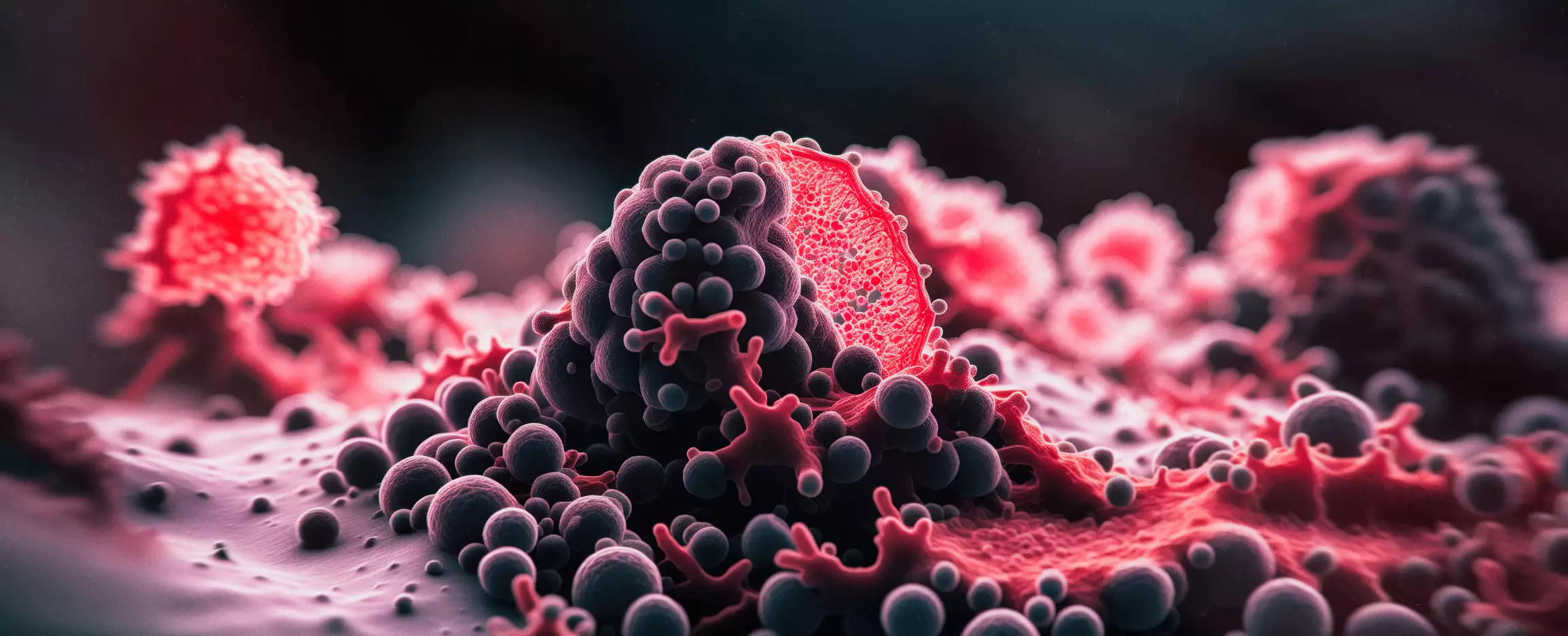Cancer is a disease that affects millions of people worldwide, with one in two individuals developing some form of cancer in their lifetime. Despite extensive research efforts, there is still much to learn about the biology of cancer. Recent discoveries have shed light on new theories that could change our understanding of how cancers develop.
The classical theory of cancer suggests that DNA mutations are the primary cause of the disease. As cells age, and due to lifestyle and environmental factors, random genetic alterations occur in our cells. While most of these mutations have no consequence or trigger cell death, a few mutations can promote cell survival and lead to the development of cancer. This theory has been supported by experimental evidence, but it also raises concerns about the limitations of targeting genetic mutations with traditional cancer treatments.
The Role of Epigenetics
In recent years, researchers have explored the role of epigenetic changes in cancer development. Epigenetics refers to reversible changes that are added to the genome to regulate gene expression. Unlike genetic mutations, epigenetic alterations are more subtle and can influence how cells read DNA without permanently altering the genetic code. Previous studies have shown that cancer cells accumulate epigenetic alterations, which can promote cancer cell survival similar to genetic mutations.
Recent Discoveries
A recent study published in Nature has provided compelling evidence that temporary changes in epigenetic marks, even in the absence of DNA mutations, can be sufficient to cause cancer. This groundbreaking discovery challenges the traditional view that cancer is solely driven by genetic mutations. If confirmed by future studies, this evidence could revolutionize cancer treatment by opening up new possibilities for targeted epigenetic therapies.
The discovery of the role of epigenetics in cancer has important implications for cancer detection and treatment. Epigenetic therapies, which aim to reprogram cancer cells by altering reversible epigenetic marks, have shown promise in treating certain types of cancer. These therapies could be combined with traditional treatments like surgery and radiotherapy to improve outcomes for cancer patients.
The Future of Cancer Research
While the epigenetic theory of cancer offers new insights into the disease, it does not discredit the classical theory of cancer. Instead, it enriches our understanding of cancer as a complex phenomenon with multiple contributing factors. Future research will focus on testing the epigenetic theory in human cells and developing precision treatments tailored to individual patients.
The discovery of the role of epigenetics in cancer development has the potential to revolutionize cancer treatment and improve patient outcomes. By exploring new theories and experimental evidence, researchers are paving the way for more effective and personalized therapies for one of the deadliest diseases known to mankind.


Leave a Reply